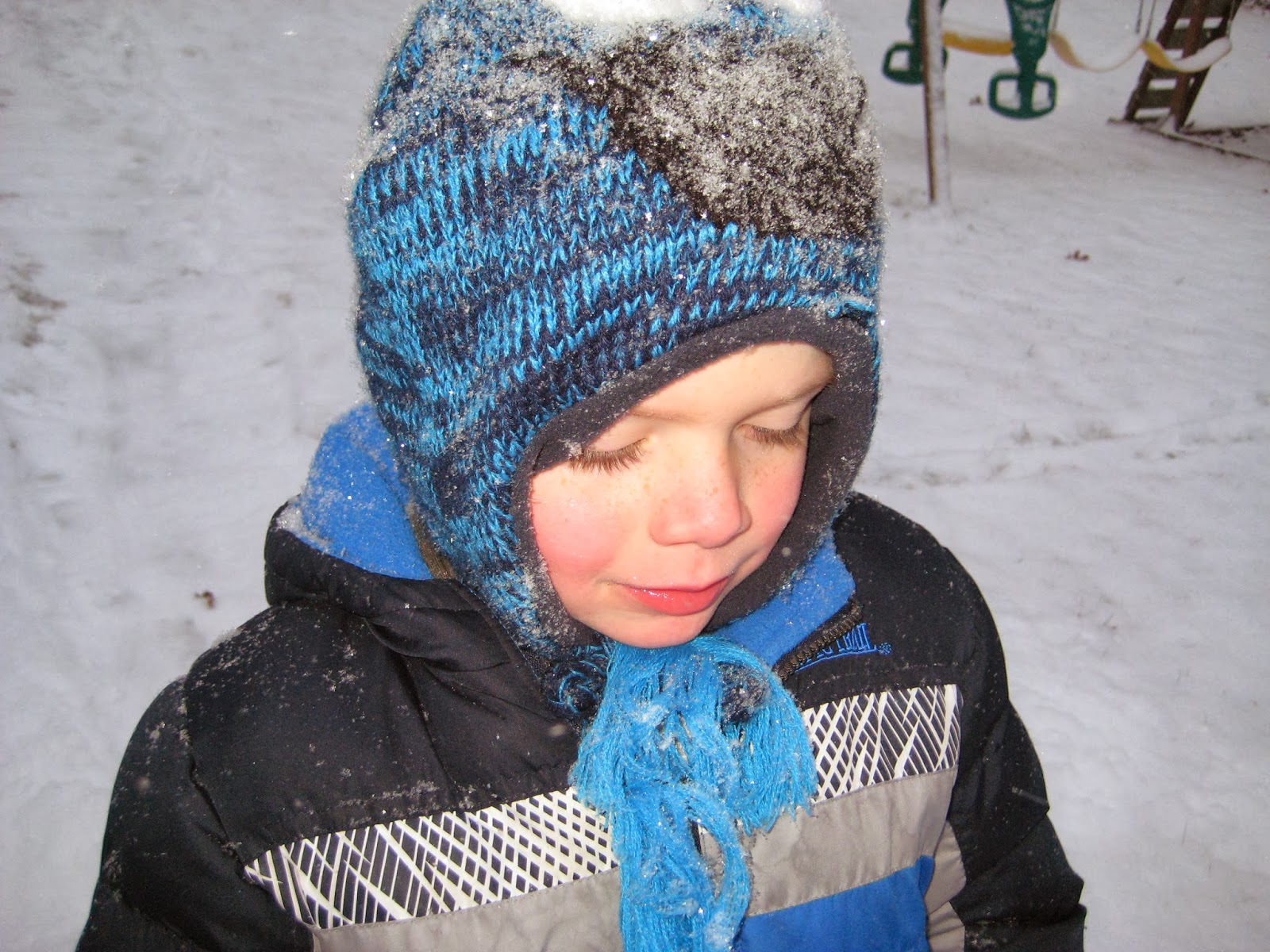Last February, my son started showing signs of stuttering. At first it was very mild, but then it took on a new, very frightening form. Instead of repeating the sounds of one or two words again and again, it seemed like he was stuck on each and every word (incapable of completing a full sentence). In May, I decided to do some research after Lewie had a particularly hard day of communicating, and it seemed as if the "experts" were torn. Some said he would naturally outgrow this since he was under the age of five; others said there was cause for worry since it was starting around age five. I waited for three full, painful months to see if his speech improved. It didn't.
After we tried one speech therapist and felt like he wasn't making too much progress, we decided to register him with our local school district. In November, their speech pathologist did an evaluation that looked like this:
"During the walk from the main office to the speech room, Lewie was talkative and relatively fluent. However, once he entered the speech room, 80% of his sentences contained dysfluencies. His dysfluencies included:
16 Part Word Repetitions (as in may - may - may-be)
7 Whole Word Repetitions (as in my - my - my)
2 Phrase Repetitions (as in I have - I have - I have)
10 Blocks (tense pauses where Lewie is struggling to say a "stuck" sound, as in b-b-b-b-ee)
Lewie also displays secondary characteristics such as leg-tapping, facial grimacing and decreased eye contact."
 |
| A favorite picture of mine from our snow day last week. |
Her report made my heart drop, but indeed, she was right. It did get this bad, and as is the case for most children that suffer with stuttering, there is no known, concrete cause, and there is no promise that he will get better.
He has better days than others. On bad days, I feel like crying because he's having such a hard time communicating, and I can't do much to help him except to be patient and to give him my full attention. Oddly enough, he sings without a single stutter.
Over the past week, Lewie has enjoyed going to his new speech therapist. She's young, sweet, and fun. He doesn't see it as a chore; in fact, he likes going, and he's already learning how to take long breaths before speaking. I'm hopeful, and I continue to pray that this won't be a life-long struggle for him.






























































